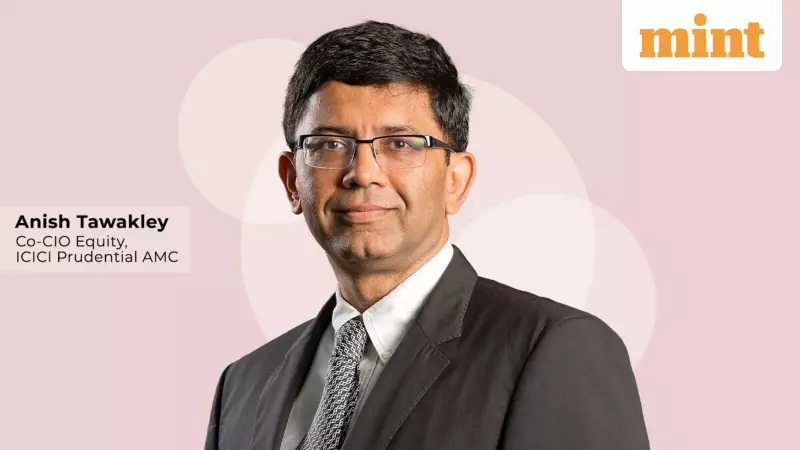
Anish Tawakley, the Co-Chief Investment Officer for Equity at ICICI Prudential Asset Management Company, has expressed a fundamentally positive outlook on the Indian economy, identifying soft consumer demand as the primary hurdle that needs to be overcome. In a detailed interview, Tawakley dissected the macroeconomic landscape, the drivers for the stock market, and shared the sectors where his firm is placing its bets.
No Structural Flaws in the Indian Economy
Tawakley was quick to dismiss any notions of deep-seated structural problems within the economy. He emphasized that the macroeconomic setup is very sound, with key parameters like inflation, the current account deficit, and corporate balance sheets all being in robust health. The issue of soft demand is cyclical, not structural, and can be addressed through monetary and fiscal policy interventions.
He noted that the Reserve Bank of India (RBI) has already provided some easing, and the government has offered fiscal support. "Once demand revives, the economy will gather momentum, and markets will, in turn, follow suit, driven by earnings," Tawakley stated. However, he issued a critical caveat: a broad economic recovery will not be a lifeline for overvalued weak businesses, particularly in certain segments of the small- and mid-cap space, which will continue to struggle.
Earnings, Not Trade Deals, Are the Key Market Driver
When discussing what will propel the market in the medium term, Tawakley was unequivocal. "Over the medium term, markets are always driven by earnings. Flows matter only in the short term," he asserted. He downplayed the significance of a potential India-US trade deal, stating it is not central to India's recovery narrative.
He explained that even if the trade agreement is delayed, the broader economic recovery can persist because the sectors affected by tariffs constitute only a small part of India's GDP. Any potential impact from reduced exports on aggregate demand can be compensated for by stimulating domestic demand. Furthermore, the impact on the current account deficit would be manageable given its currently low levels.
Sectoral Preferences and Cautious Stances
Outlining his investment strategy, Tawakley revealed that ICICI Prudential AMC is positive on domestic cyclical sectors. Their base case anticipates further stimulus and a regaining of economic momentum, which would benefit areas like industrials, capital goods, automobiles, cement, and financials.
Within financials, however, he advised caution regarding unsecured consumer lending, where rapid growth is building risks. He also expressed a wary view on the IT sector, expecting near-term pressure due to a potential softening of the US economy. In contrast, he expects banks to perform better as the economy recovers.
Tawakley highlighted a concerning trend of retail money chasing small and mid-cap stocks with weak business models. "Given the sharp run-up and stretched valuations in parts of the mid and small-cap space, it is necessary that investors be cautious and consider rebalancing towards large caps," he recommended, noting that large caps are likely to offer better risk-adjusted returns in the current market setup.
Secret to Outperformance: Business Cycle Discipline
Explaining the strong performance of their business cycle fund, Tawakley credited their early positioning for a post-pandemic earnings recovery. A key element of their strategy was the sectors they avoided. "We had zero exposure to FMCG for the past four years and exited IT around its peak two years ago," he shared. Maintaining a low allocation to small and mid-caps over the past year also contributed to their outperformance as that segment corrected.





